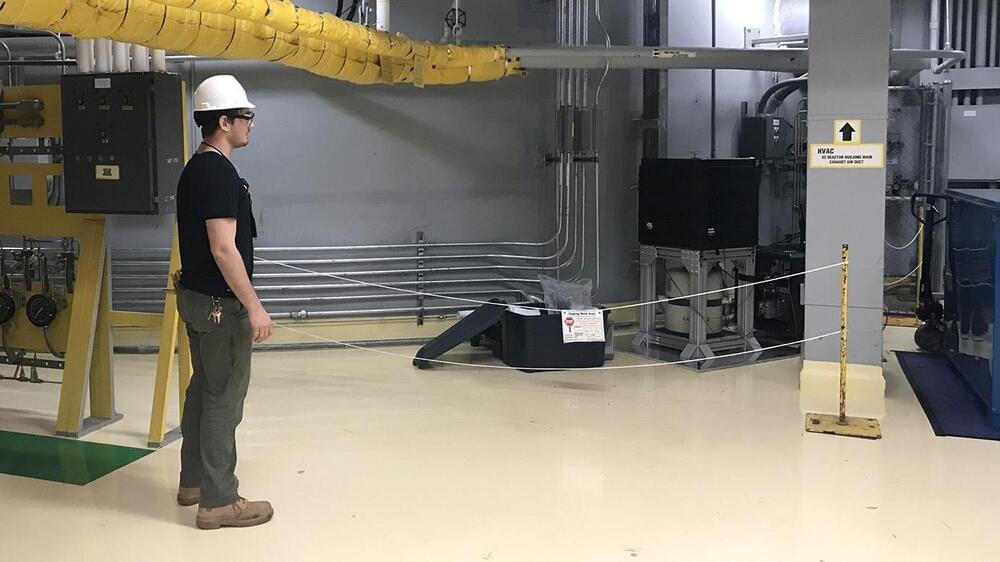A nuclear reactor at an Illinois energy plant is helping University of Chicago scientists learn how to catch and understand the tiny, elusive particles known as neutrinos.
At Constellation’s (formerly Exelon) Dresden Generating Station in Morris, Illinois, the team took the first measurements of neutrinos coming off a nuclear reactor with a tiny detector. These particles are extremely hard to catch because they interact so rarely with matter, but power reactors are one of the few places on Earth with a high concentration of them.
“This was an exciting opportunity to benefit from the enormous neutrino production from a reactor, but also a challenge in the noisy industrial environment right next to a reactor,” said Prof. Juan Collar, a particle physicist who led the research. “This is the closest that neutrino physicists have been able to get to a commercial reactor core. We gained unique experience in operating a detector under these conditions, thanks to Constellation’s generosity in accommodating our experiment.”
